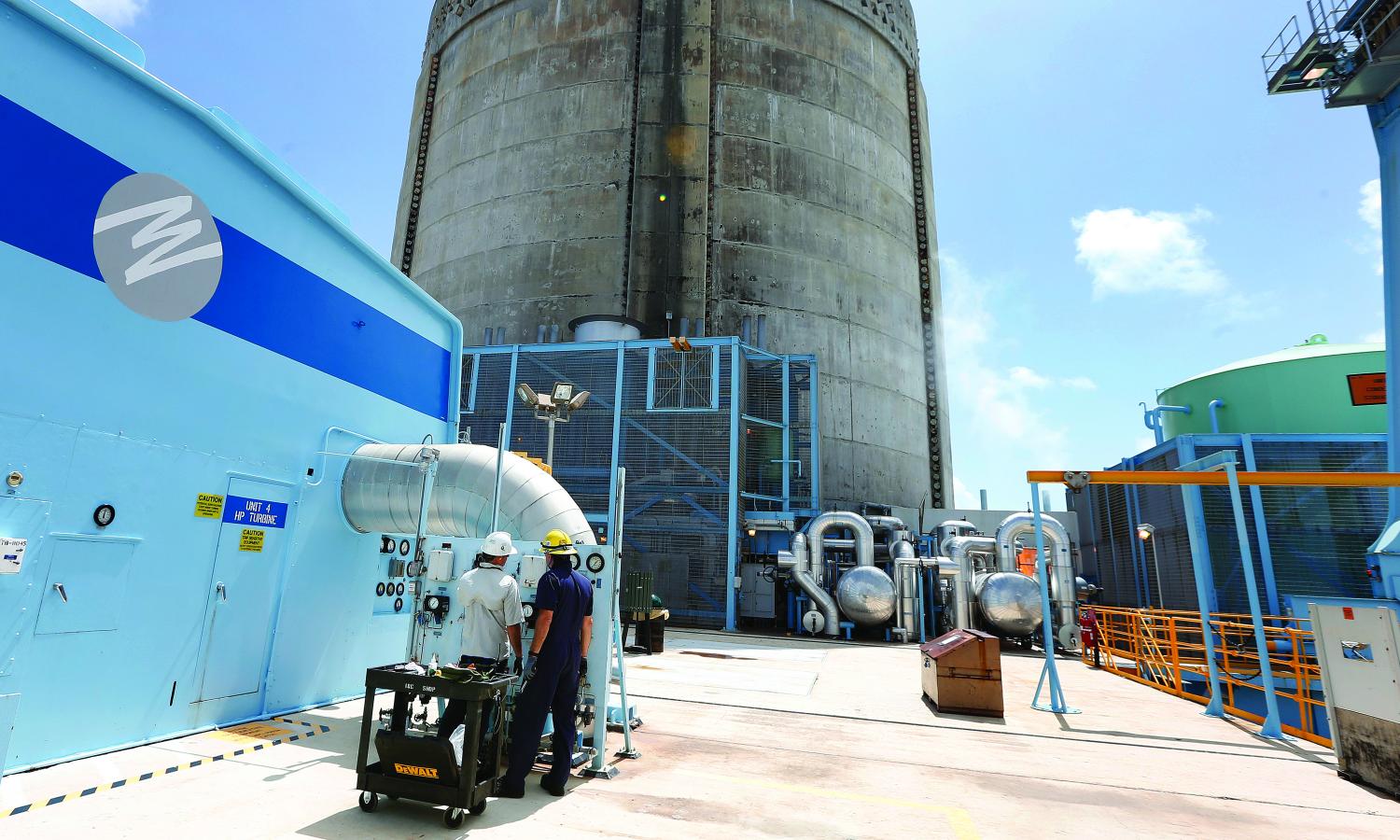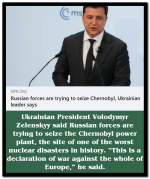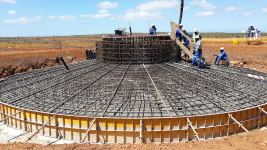- Joined
- Dec 1, 2017
- Messages
- 24,476
- Reaction score
- 7,808
- Gender
- Undisclosed
- Political Leaning
- Undisclosed
| Nuclear Power is NOT Clean Energy Rather than making rate-payers bail out these dangerous and uneconomic facilities, the proposed $3.5 billion of subsidies should be invested in wind, including the rapid deployment of off-shore wind, hydroelectric, tidal, and the installation community- and utility-scale solar, as well as storage and energy efficiency measures. Nuclear energy is NOT clean or carbon-free. While nuclear reactors do not emit carbon dioxide at the point of power generation, the nuclear fuel chain is responsible for carbon emissions during mining, milling, enriching, construction, transportation, and decommissioning. From cradle to grave, nuclear reactors pollute the environment and threaten |
| human health and safety. Uranium fuel is mined in or near indigenous communities and communities of color. After mining, milling generates vast amounts of radioactive and toxic tailings that are deposited on the ground or in open ponds. The nuclear fuel is then enriched in an energy-intensive process. Approximately 25,000 pounds of mining waste (rock, mill tailings, and depleted uranium) are generated for each pound of nuclear fuel delivered to New York’s reactors. Nuclear plants routinely and accidentally release radioactive isotopes to air and water, including newly- generated radioactive carbon, C-14, which results from nuclear fission. The so-called “spent” nuclear fuel rods, which emerge from the reactor, are approximately one million times more radioactive than when they entered, and must be stored on-site indefinitely, with inadequate decommissioning plans or funds to ensure that this is done safely. Bailing out nuclear reactors is corporate welfare subsidized by ratepayers: Under Tier 3 of the proposed Clean Energy Standard, by 2020, nuclear power will become the most heavily subsidized energy source in New York. These subsidies will benefit the Exelon Corporation, which owns Ginna and Nine Mile Island, and the Entergy Corporation, who has already announced plans to retire its FitzPatrick reactor. These companies would merely have to show the Public Service Commission how much money they need in order to continue operating, and the cost of the subsidies will automatically be set to that amount. No other criteria will be used for setting the price of the subsidies, and there is no cost-cap proposed. This cost will be borne by local and county governments, colleges and universities, hospitals and health care facilities, large and small businesses and residential customers, including low- and moderate-income families. Further, the jobs argument is equally faulty. |
| Support off-shore wind. New York has enormous offshore wind potential to meet its goal of 50 percent renewable energy generation by 2030. NYSERDA has already completed a well-researched environmental impact study of the potential impacts of off-shore wind on the marine ecology and has given this technology a clear green light. The Clean Energy Standard proposal assumes a very modest decrease in electricity demand due to energy efficiency, but does not mandate that utilities invest in energy efficiency retrofits. Energy efficiency is a key component of a low-carbon energy future. It is the most affordable way to reduce greenhouse gas emissions and displace fossil fuel and nuclear generators |
Last edited:




